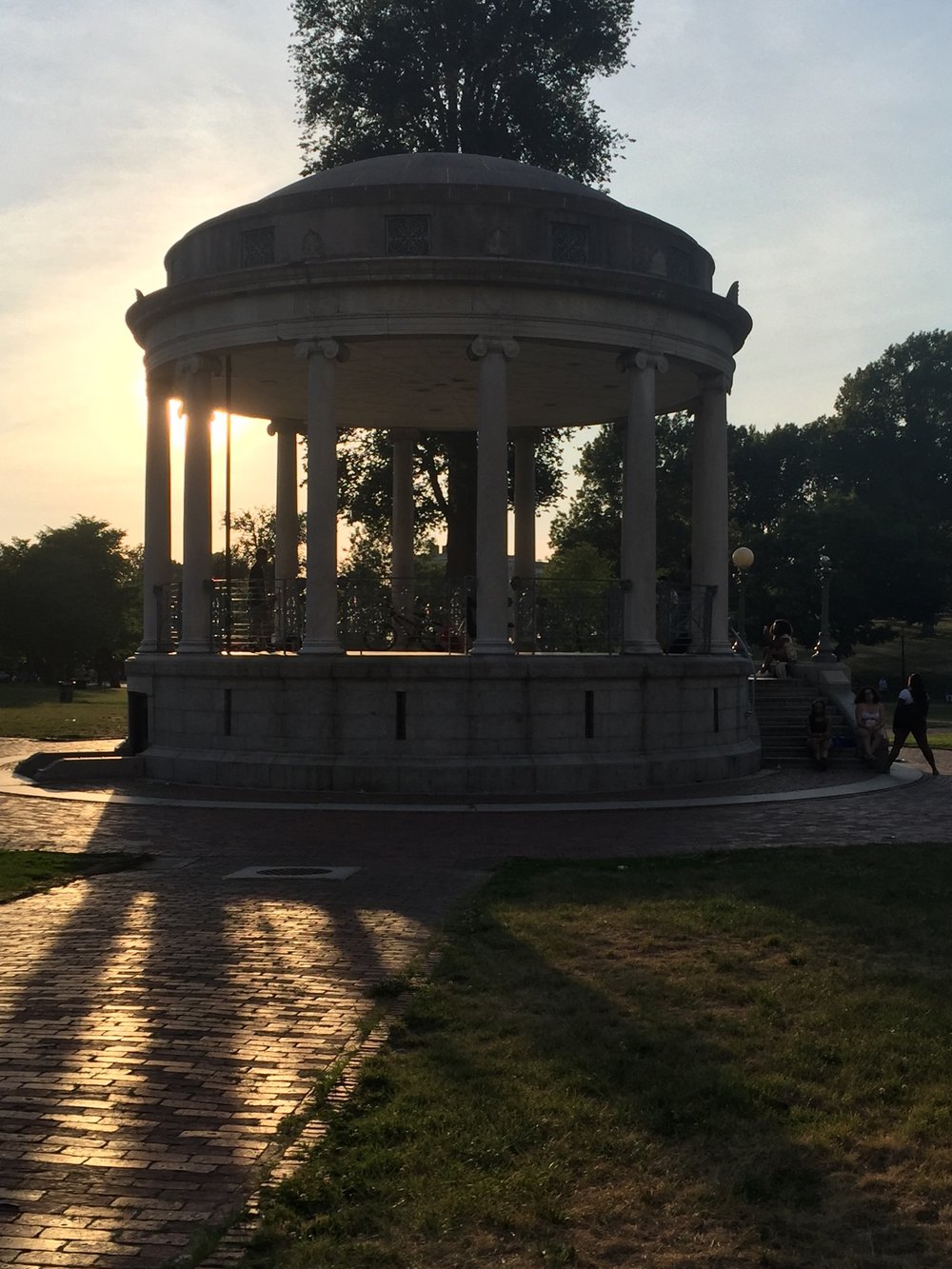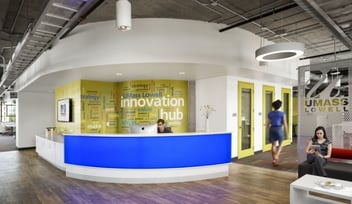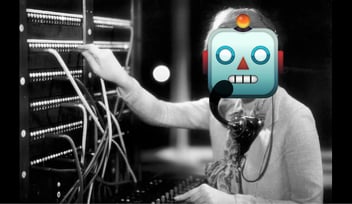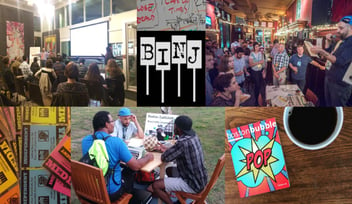Good Programmer Hunting: Cities vs Suburbs

You need an office in the city to attract cutting edge programming talent. That was the simplified answer to the deceptively complicated question Paul Beltrani posed across the Workbar Business discussion group.
Beltrani works out of Workbar Cambridge and wondered if anyone in the community understood the location preferences of software developers in the region. The crowd-sourced answers poured in, and illuminated the city vs suburb tech talent debate through articles, anecdotes and direct input from recruiters. Well, like an enigmatic Facebook status, "It's complicated." But the cultural, logistic, and financial forces acting upon a millennial workforce entices the freshest crops of young programmers out of the 'burbs and into urban centers. Until they have kids, of course.
"Cities were always the cradles of innovation," explains Richard Florida of the University of Toronto in a Boston Globe article addressing this urban shift. The draw of a city is both practical and romantic; tax breaks and public transportation appeal to the head while the heart loves the energy, vibrancy, diversity and culture.
The bright lights beckoning them to the city seem even more attractive when coupled with an increasingly widespread kind of suburban aversion. Because many millennials don't (or can't) drive and suburban cubicle farms are decidedly uncool, all the hip workspaces on tap in a city become virtually irresistible.
As reported by the New York Times, big tech firms (such as Twitter in San Francisco and Kickstarter in New York City) are moving in the same direction as well, uprooting from the 'burbs and causing others to follow suit. Their gravity draws even more interest towards the city in a kind of chicken-or-the-egg riddle. Very quickly, the pendulum of popularity is swinging opposite from the sprawling campuses that only a few years ago baited graduates away from urban centers. Standing as a kind of sad memorial to this shift are an increasing number of empty suburban tech ghettos known affectionately as Nerdistans.
Someone from Hired reached out to Beltran with some very interesting data on recruitment in the Greater Boston Area. When they ask candidates where they were interested in working, 97% specified Boston. Cambridge/Somerville was next with 60%, and the suburbs trailed down in the 40% range. They relayed another interesting fact to him: most of the candidates were much more interested in working at (A or B round) funded startups rather than major corporations. This jives with reports about a new generation of job-hoppers who value opportunity over stability.
Beltrani also shared some insight about the kind of tech talent found in each setting. Because suburban programmers tend to be older, more established, and have more experience, they are sometimes less adaptable and more expensive. "We're getting resumes from people with loads of coding experience but little to no background with modern approaches to developing for the web."
There has been a push-back of sorts, with savvy suburban companies taking a stab at "citifying" their sites with food trucks, wellness programs, and better coffee. This is also why Workbar's partnership with Staples is a headline-making big deal: it cross-pollinates the urban phenomenon of coworking with the suburban phenomenon of big box retail.
Dave Gentry is a fan of progress and recess. He believes in Olde English, new fortune cookies, and he answers to #davertido.
About Workbar:
Workbar operates coworking locations throughout greater Boston (Boston Back Bay, Boston South Station, Burlington, Cambridge, Arlington, Brighton, Danvers, Norwood, Salem) and several other partner locations throughout the state. Want to keep up with the world of Workbar? Subscribe to our mailing list for the most up-to-date information about our upcoming events and community news. You can also follow us on Instagram, Facebook, LinkedIn and Twitter.



